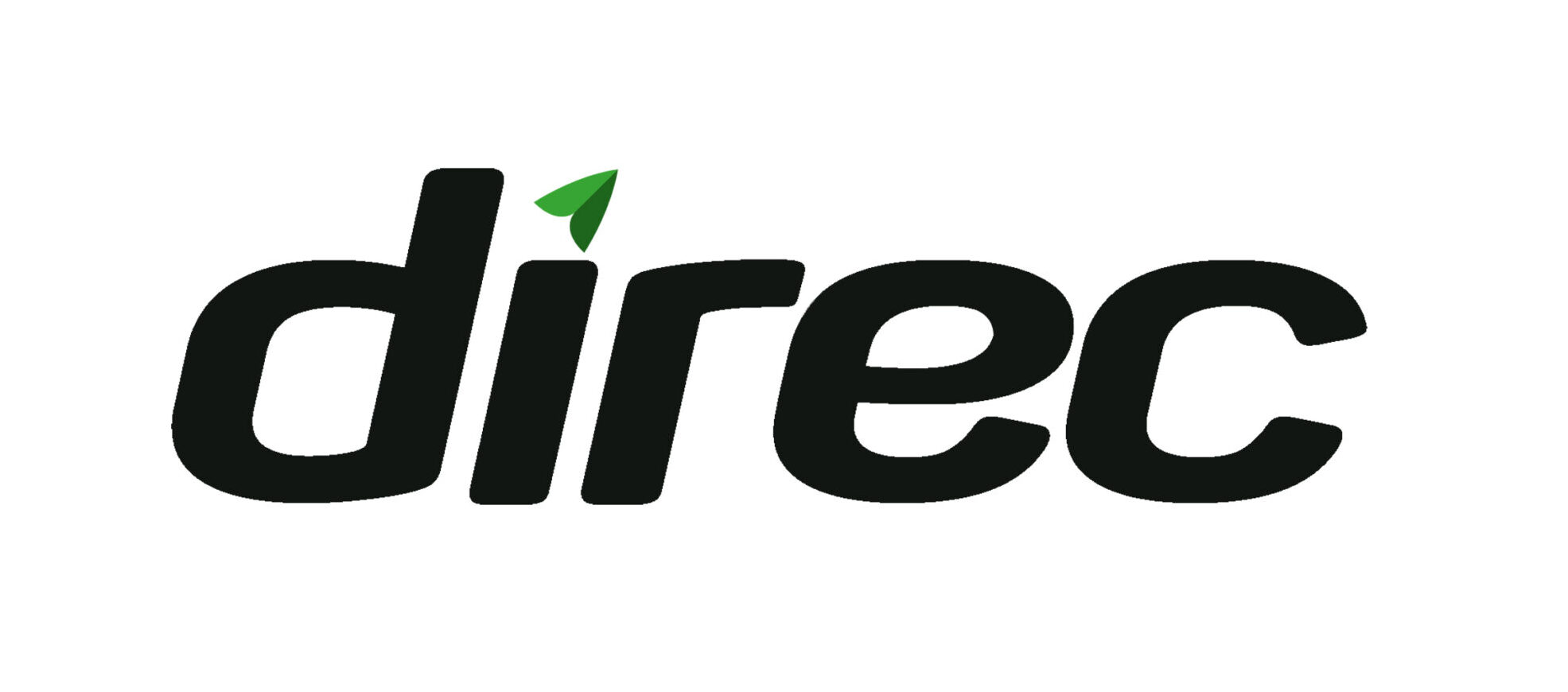
07 Nov 4 Tips for Choosing Endpoint Security Solutions
How can you choose endpoint security solutions?
- Determine your budget
- Know the size of your business
- Understand work policies
- Evaluate the different types of endpoint security solutions
If you own a business, it’s important that you understand how to choose endpoint security solutions. All the IT assets of you and your employees need to be constantly protected from cybersecurity attacks that may unknowingly arrive at any time. As computing devices get more and more advanced, so do these cybersecurity threats.
What is an endpoint security solution?
Endpoint security solutions are generally far more advanced in their capabilities compared to the typical anti-virus software. As the name suggests, these provide end-user devices with protection starting from the entry points. They’re capable of machine learning to monitor and assess threats in real-time, across multiple operating systems and devices. Likewise, these devices can range from laptops, smartphones, servers, smart systems, ATMs, mobile devices, and even cloud-based computing software.
With these capabilities in mind, it’s not surprising for organizations to turn towards these more advanced forms of security, especially in the IoT where hundreds and thousands of devices can connect to a single network. Knowing which one to choose for your business’s network is essential in providing cybersecurity protection to all devices connected to it.
Determine Your Budget

It’s important for you to be able first to know how much budget you can allocate towards an endpoint security solution. As mentioned before, these security solutions are far more advanced and can provide comprehensive, all-encompassing protection. More than that, they also fill in the gaps left in the wake of single-point security that is limited in their protection capabilities.
For this reason, endpoint security solutions come at a price. Not all businesses would necessarily want to invest in endpoint security — even if this is already considered a vital component in this day and age.
It may be essential for you to determine how much of your organization’s budget would you be willing to allocate towards protecting your network. This is because these security solutions typically arrive in yearly packages. You could probably find a deal that can cost you around Php 102,000 per year, depending on the platform/software.
Know The Size of Your Business
Aside from the budget, you should also know the size of your business. Different endpoint security vendors or providers can offer your business a wide variety of endpoint technologies. While these generally target large organizations, some vendors are aimed at small-to-medium enterprises.
For example, if your business is employing around 250 or more employees, then you can easily categorize yourself as a large enterprise. You would need a security solution from Direc Business, such as the Sophos Central Platform – which is wholly capable of providing your network and all its connected devices with unparalleled security.
On the other hand, if you’re a small or a medium-sized organization — consisting of less than 10, up to 249 employees — then you may need something more practical like the Bitdefender GravityZone Business Security. This is just the perfect choice to protect a handful of computing hardware and other devices that your employees may have at their disposal. It’s able to give your business the security it needs without affecting the performance of your business’ systems.
Understand Work Policies

Your company’s work policies may also affect the level of endpoint security that you invest in. This is especially applicable when it comes to businesses that permit their employees to have flexible working arrangements.
Think about it this way: at a physical office location, the computers and all the devices used by your employees are connected to a centralized network — this is of course, if you’ve already invested in different combinations of endpoint software. However, once they engage in remote working setups, there’s no guarantee that your employees will be protected, especially when connected to public networks.
If your company has similar work policies, it may be useful to invest in a security solution that can secure remote VPN access. In this way, their files and systems would still be protected, even if they’re not connected to your business’s main network.
Evaluate the Different Types of Endpoint Security Solutions
Endpoint protection can be classified according to anti-virus software, browser isolation technology, network filtering, and the like.
As you may already understand, anti-virus software is the most basic out of all the rest. They are able to detect ransomware, adware, and malware and work to clean these files by removing these harmful applications.
The rest of these solutions work by identifying signatures, permitting/blocking access of applications, users, and devices, and isolating cybersecurity attacks away from a user’s online browsing activity.
If your business thinks that they would benefit better beyond the typical anti-virus, then it’s just as well that they begin investing in these types of comprehensive security. They should also make sure that what they invest in is highly-scalable and can support the organization for a number of years, based on a strategically-formulated roadmap.
Key Takeaway
If you own a business but don’t know how to choose endpoint security solutions, this guide has hopefully provided you with a number of tips to break it down.
Before making your decision, you would first need to identify your budget, work policies, size of the business, as well as the different endpoint security applications that already exist in the market.
Fortunately for you, Direc Business can assist you in all of these considerations. Our solutions are guaranteed to solve many of your business’ security needs by providing you with a solid endpoint security framework, roadmap, and high-visibility across your devices. Click here to get in touch!

